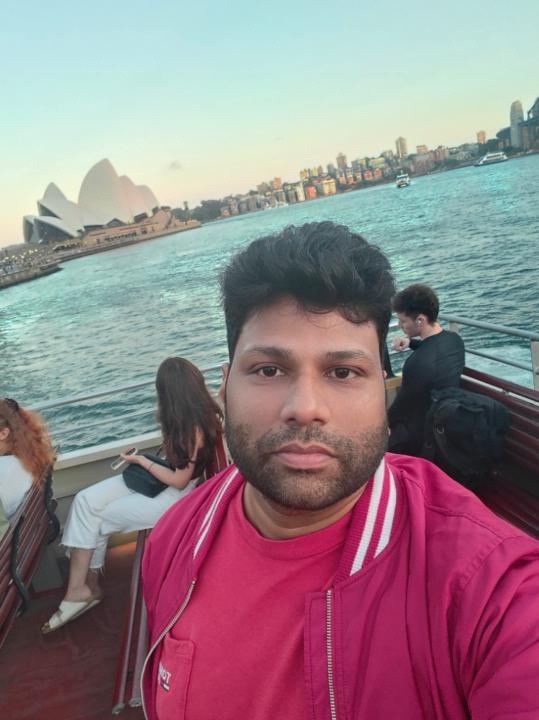Activity
Mon
Wed
Fri
Sun
Jan
Feb
Mar
Apr
May
Jun
Jul
Aug
Sep
Oct
Nov
Dec
What is this?
Less
More
Memberships
Tech Pro Odyssey Premium
91 members • $17/m
15 contributions to Tech Pro Odyssey Premium
Above and Beyond’ Doesn’t Mean Doing More
Above and beyond” isn’t about working late or saying yes to everything. 💡 It’s about doing the right thing — even if it’s not in your job description. 👉 Jumping in to unblock a teammate👉 Asking tough questions when something feels off👉 Fixing that flaky test no one else touches👉 Saying no when it protects focus and quality It’s not about doing more work.It’s about doing the work that matters — for the team, the product, and the user. Has your manager given you clear feedback on what it means to go “above and beyond” for your next promotion?
1
0
Microservices Hype vs. Real-World Trade-offs
Microservices offer scalability and flexibility—but at the cost of added complexity in deployment, monitoring, and coordination. In real-world scenarios like blockchain systems, where transaction and validator nodes with related data must stay tightly coupled, a monolith often makes more sense. Many startups choose monoliths—simple, efficient, and easier to manage per customer—because it just works. Have you ever migrated from a monolith to microservices—or the other way around? What drove the decision, and was it worth it?
3
0
Cost-Aware Design: When Less Is More
In real-world system design, cost often outweighs perfection. Management rejects designs solving everything but needing heavy resources. Smart trade-offs and lean design can still meet goals efficiently. I proposed a VM-heavy solution once, but the lighter, shared-resource option was approved—as always. what is the most resource heavy design you have seen get rejected purely due to cost?
3
0
Interviews are Imperfect—And What Actually Matters
Interviews will never be completely fair or objective. No matter how structured, a small element of bias always exists through an interviewer’s intuition and gut feeling. Beyond technical skills, interviewers subconsciously look for confidence, adaptability, and problem-solving—qualities that are hard to measure but essential for success. Every interviewer looks for different qualities, but I believe three core traits form the foundation for all other skills. If you have these, everything else builds on top of them. Curiosity – Asking questions and challenging the norm. Bias for Action – Taking initiative and moving fast. Ownership – Being accountable and getting things done.
The Missing Piece in System Design: Thinking Critically About Every Decision
Numerous resources are readily available for learning about system design, and specific problems can easily be found online. I can still see people struggling with System Design. What is missing then? Therefore, instead of delving into a particular system design, let's focus on some essential considerations. When studying or designing a system, it's crucial to think whether each decision you make aligns with your understanding. If you're not convinced about your choices, can you effectively explain and justify them to others? Another perspective involves the ability to rationalize each decision you make. Why opt for Kafka or DynamoDB? What necessitates these choices, and are there alternatives? Consider their pros and cons, as well as potential bottlenecks. My recommendation is to examine every word used in your system design with the simple question: "Why?"
1-10 of 15
Active 132d ago
Joined Jan 4, 2025

